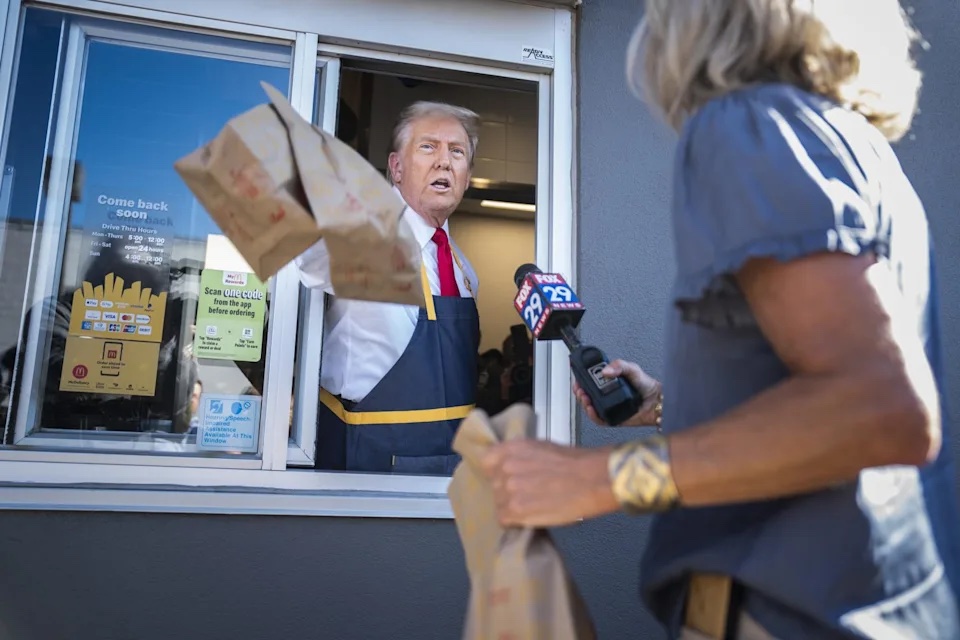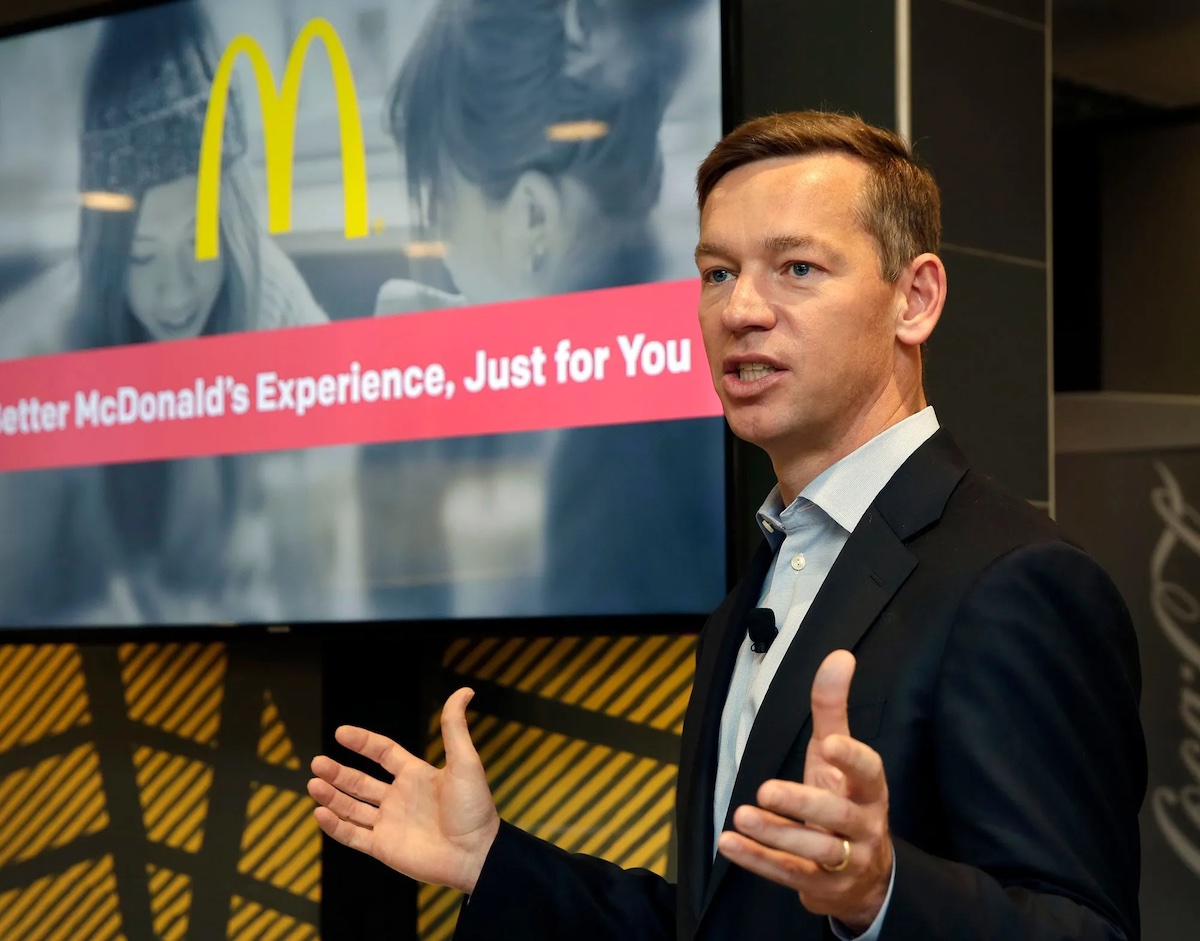McDonald's CEO Suggests Minimum Wage Adjustment Following Trump’s Tip Tax Rule

McDonald's CEO Suggests Minimum Wage Adjustment Following Trump’s Tip Tax Rule
McDonald’s employees will not only receive no benefits from President Donald Trump’s no-tax-on-tips effort, but the policy also highlights inequalities between businesses that pay workers the federal minimum wage and those that pay a lower wage supplemented by tips, according to CEO Chris Kempczinski.
The fast-food boss told CNBC’s Squawk Box on Tuesday that while he supports the no-tax-on-tips policy, it doesn’t benefit McDonald’s restaurant workers.
“The issue with no tax on tips is it only benefited those restaurants that have tips,” Kempczinski said. “We don’t do tipping in McDonald’s, and so we don’t get the benefit of, essentially, that tax relief there.”

Trump included no tax on tips as part of the One Big Beautiful Bill he signed into law in July. The legislation allows a federal tax deduction of up to $25,000 on tips for food service workers, including fast food staff, bartenders, chefs, dishwashers, and others, as announced by the White House.
Some argue that eliminating tip taxes could save workers up to thousands annually, but only 37% of tip earners with low incomes in 2022 would benefit, as the rest are already exempt from federal income tax.
‘Uneven playing field’ for restaurants
Kempczinski points out that the tipping policy harms restaurant workers, with a tipped minimum wage of $2.13 set in 1991, while the federal minimum wage is $7.25, established in 2009.
Offering a reward to specific tipped workers means that there's no tax on tips, which gives businesses that pay lower wages and rely on employees making most of their income from tips a significant advantage, according to tax strategist Karla Dennis, who explained this to Fortune.
“It is a win for the business owner,” Dennis said. “They may have more of their employees wanting to work the jobs that earn tips, and it may also help to get more people in these service-oriented jobs.”
Kempczinski mentioned that the policy gives an additional benefit to companies that have tipped wage policies, which McDonald’s does not follow.
“Right now, there’s an uneven playing field,” he said. “If you are a restaurant that allows tips or has tips as part of your equation, you’re essentially getting the customer to pay for your labor, and you’re getting an extra benefit from no taxes on tips.”
Potential solutions in setting minimum wages
Kempczinski proposed a single minimum wage for tipped and non-tipped workers and expressed openness to raising the federal minimum wage. In 2021, McDonald’s increased its minimum wage by 10%, with entry-level workers earning $11-$17 and managers $15-$20.
Eight states have equal wages for tipped and non-tipped workers. In states where tipped wages are $2.13 per hour, waitstaff and bartenders face an 18.5% poverty rate, according to the Economic Policy Institute. States with a single minimum wage see about 11.1% poverty. For non-tipped workers, poverty rates are similar regardless of tipped wage policies. A 2014 Cornell study found that equal wages reduced turnover and boosted morale.
“There’s already been a model that shows that the tipped wages can be the same as the federal minimum wage,” Kempczinski said. “We just need to do that, I think, across all 50 states.”
